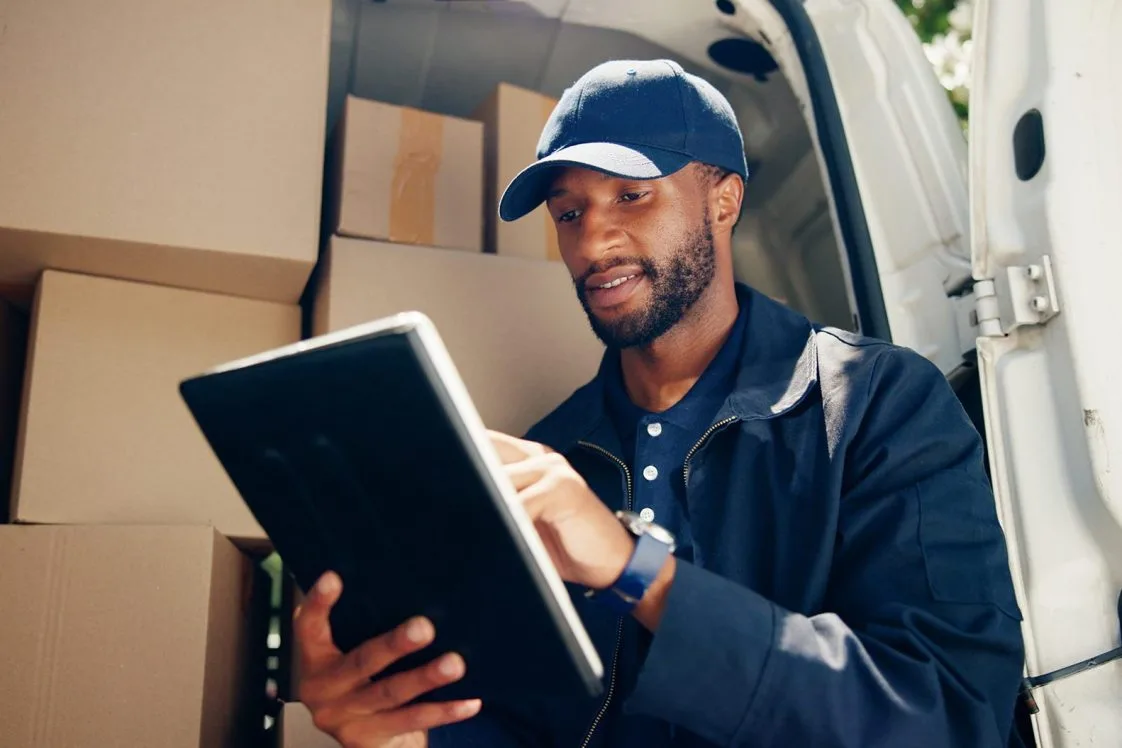How 3PLs Drive B2B Success
Brands have a big opportunity: grow revenues via B2B channels. And the best path may involve working with a third-party logistics partner.
Modern brands should be reassessing their B2B strategies. Why? Because 80% of eCommerce sales occur via B2B channels, whether that’s retail, wholesale, or marketplace, according to EMARKETER. But many growing brands haven’t taken full advantage of B2B yet. Only 42% of surveyed retailers below a billion in revenue indicate B2B channels make up most of their revenue. Thirty-three percent of brands below a billion in revenue don’t sell through B2B channels at all. This leaves a huge opportunity on the table that is only continuing to grow. For instance, a recent Radial consumer survey focused on holiday peak season indicates that 72% of consumers expect to do most of their shopping online with major retailers like Amazon, Target, Walmart, etc. And 40% plan to shop in-person at these major retailers. Just 21% plan to shop primarily on brand websites, indicating the need to be present on other retail channels to capture growth.
That means modern brands have a major opportunity: grow revenues via strategic B2B channels. But it’s tricky. Working through these other channels can get complex quickly and requires strict adherence to requirements to have success. As such, the best path forward may involve working with a third-party logistics partner.
Retailers Explore B2B Growth Opportunities
Retailers recognize that there are B2B opportunities out there, but they need to redefine their strategies to capture that growth potential. Per Radial data, more than 50% of retailers are focused on omnichannel expansion in 2025, but they’re taking different approaches:
- 53% plan to build marketplace presence
- 52% plan to increase sales with existing channel partners
- 52% plan to expand into more retailers
Brands take different approaches depending on a variety of factors, including revenue size. Larger brands focus on maximizing operational efficiency across channels. And few brands of any size plan to build their own brick-and-mortar retail presence in 2025, indicating a shift from wholly owned channels to outsourced ones. This means that they need to be very focused on understanding and meeting the requirements of outsourced channels to drive success and the ability to grow, while also ensuring that their own processes are optimized to meet these needs.
B2B Challenges Limit Modern Brands
While omnichannel commerce can lead to growth, there are unique challenges for brands expanding B2B channels. More than a third of retailers note that inventory visibility, allocation, and synchronization is the most difficult element of B2B. That’s understandable: New channels may require fresh SOPs, technology integrations, and compliance updates. As you add channels, complexity expands exponentially. That means retailers need to meticulously maintain requirements and compliance across many vendors. Likewise, brands listed meeting retailer compliance or routing guide requirements as the second biggest challenge, followed by managing returns.
Brands may not have the operational or technological infrastructure in place to effectively manage and scale B2B expansion. Which means they need to seek reliable third-party partners to solve B2B challenges and drive omnichannel growth.
3PLs Help Modern Brands Win with B2B Channels
When retailers choose to outsource B2B, they need 3PL partners that can easily manage inventories and maintain complex compliance requirements across channels. It’s a high bar to achieve. Brands expect enhanced technology, operational efficiency, customer support, and competitive prices.
3PLs need to leverage easy-to-use technology integrations within their B2B solutions so that brands can receive real-time insights across inventories and channels. These partners must also be able to onboard new retailers quickly and manage complex returns operations, all while maintaining high operational standards. This is extremely tough to do without deep expertise, and the risk of not meeting vendor requirements can lead to lost sales, penalty fees, and deactivation on new sales channels, effectively eliminating the key benefits of expanding channels.
The benefits are clear. Brands can rapidly expand across B2B channels supported by the compliance and operational expertise trusted logistics partners bring. With the right 3PL partner, modern brands can then operate effectively, meet channel compliance requirements, and deliver the brand experience customers crave—across channels.
Learn more about fast, cost-effective fulfillment.
